Novak Djokovic: a poster boy for anti-vaxxers?
The reaction to his deportation from Australia was ‘predictably polarised’
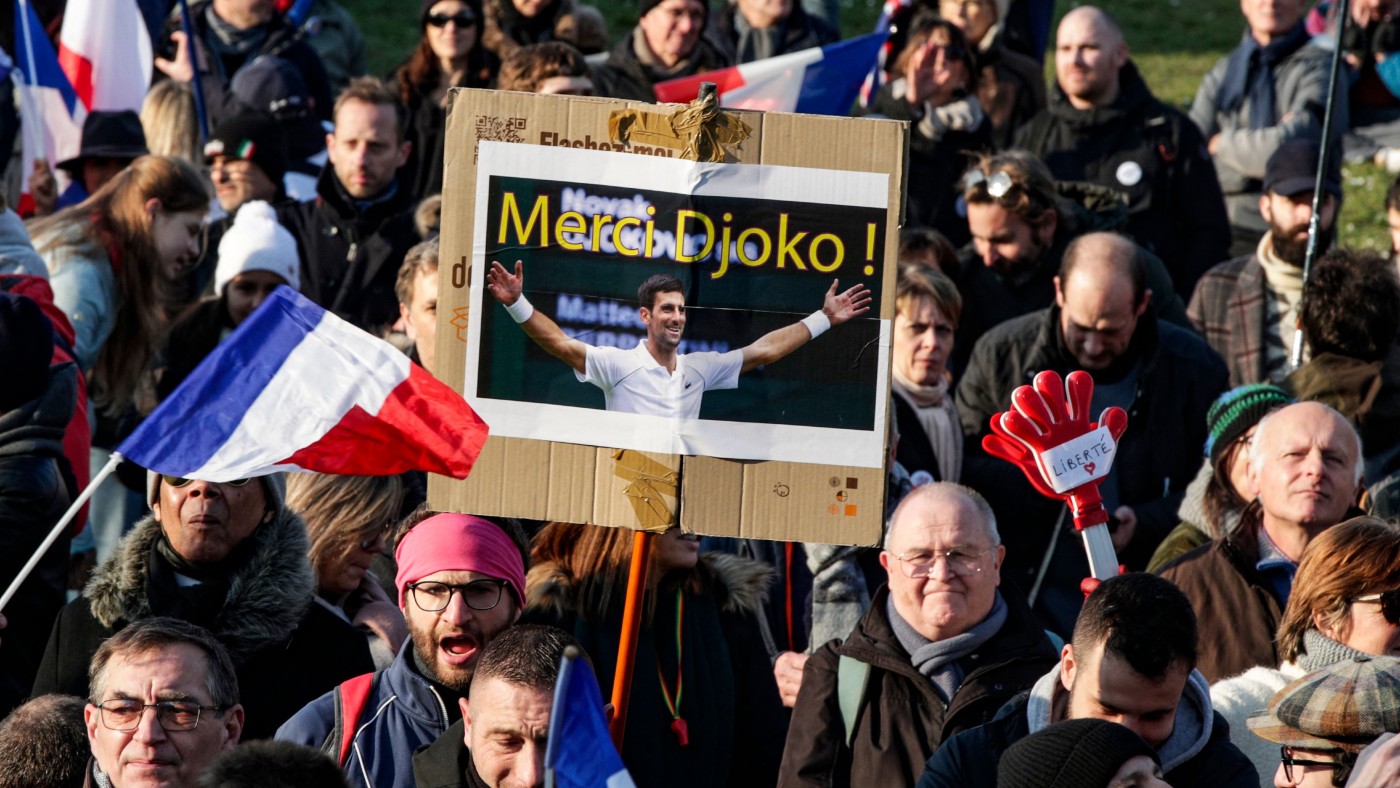
A free daily email with the biggest news stories of the day – and the best features from TheWeek.com
You are now subscribed
Your newsletter sign-up was successful
What a dramatic collision of sport and politics the Novak Djokovic saga has been, said Mary Dejevsky in The Independent. The world’s No. 1 male tennis player set off for Melbourne at the start of this month in the hope of defending his Australian Open title and securing the record 21st Grand Slam victory that would establish him as the most successful men’s player of all time.
Although the Serbian hadn’t been vaccinated against Covid, a key entry requirement, he apparently believed that he’d been granted a medical exemption, on the grounds that he’d already had the virus. But his hopes were dashed. After a protracted legal wrangle – during which he was held in a quarantine hotel, then released, then taken back into custody again – Djokovic was this week deported from Australia, a process that comes with an automatic three-year ban on re-entry.
The reaction to his deportation has been “predictably polarised”, said Oliver Brown in The Daily Telegraph. Among his supporters there is “cold fury”, but most Australians are pleased: in a poll, 83% said they wanted him removed. Djokovic brought much of this trouble on himself. The revelation that he broke isolation rules last month by attending a photo shoot in Belgrade while knowingly Covid-positive didn’t help his cause in Melbourne, and nor did the news that his agent had entered false details on his travel declaration.
The Week
Escape your echo chamber. Get the facts behind the news, plus analysis from multiple perspectives.

Sign up for The Week's Free Newsletters
From our morning news briefing to a weekly Good News Newsletter, get the best of The Week delivered directly to your inbox.
From our morning news briefing to a weekly Good News Newsletter, get the best of The Week delivered directly to your inbox.
But the Australian authorities don’t emerge well from this saga either. His removal was a “transparently political move”, justified on the spurious grounds that “his mere presence could inflame anti-vaccination sentiment”. The reality, of course, is that Djokovic’s presence posed no risk to Australia at all.
He clearly wasn’t about to foment “revolution among the unvaccinated masses”, said Martin Samuel in the Daily Mail. Yet as a high-profile vaccine dissenter, he does have a symbolic power – one that doesn’t help foster the “collective effort” required for tackling Covid.
Djokovic “may wish to reflect on his choice not to get vaccinated”, said Stuart Fraser in The Times, because his stance means he’s now in danger of missing other tournaments and losing his No. 1 ranking. The US competitions in Indian Wells and Miami in March will probably be off-limits.
He’s still likely to finish his career statistically as the greatest-ever male player: currently he’s level with Roger Federer and Rafael Nadal on 20 Gram Slam titles and, at 34, younger than both. “But his legacy has undoubtedly been tarnished by this affair, and he will certainly not be winning the subjective popularity contest between the ‘big three’.”
A free daily email with the biggest news stories of the day – and the best features from TheWeek.com
-
 Local elections 2026: where are they and who is expected to win?
Local elections 2026: where are they and who is expected to win?The Explainer Labour is braced for heavy losses and U-turn on postponing some council elections hasn’t helped the party’s prospects
-
 6 of the world’s most accessible destinations
6 of the world’s most accessible destinationsThe Week Recommends Experience all of Berlin, Singapore and Sydney
-
 How the FCC’s ‘equal time’ rule works
How the FCC’s ‘equal time’ rule worksIn the Spotlight The law is at the heart of the Colbert-CBS conflict
-
 The price of sporting glory
The price of sporting gloryFeature The Milan-Cortina Winter Olympics kicked off this week. Will Italy regret playing host?
-
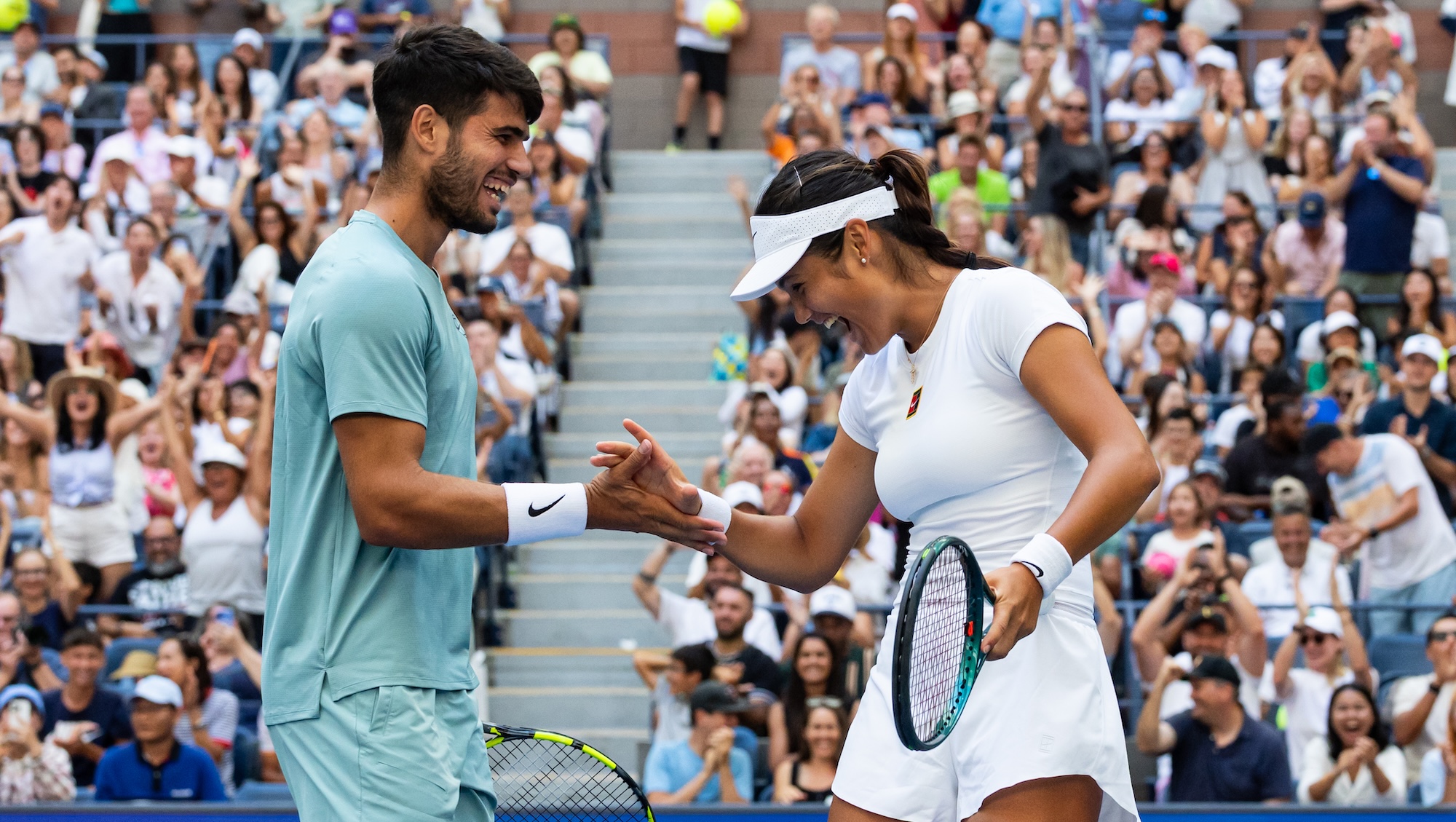 The US Open's controversial 'superstars' doubles format
The US Open's controversial 'superstars' doubles formatTalking Point New shortened competition attracts star pairings and bigger audiences to grand slam tennis event
-
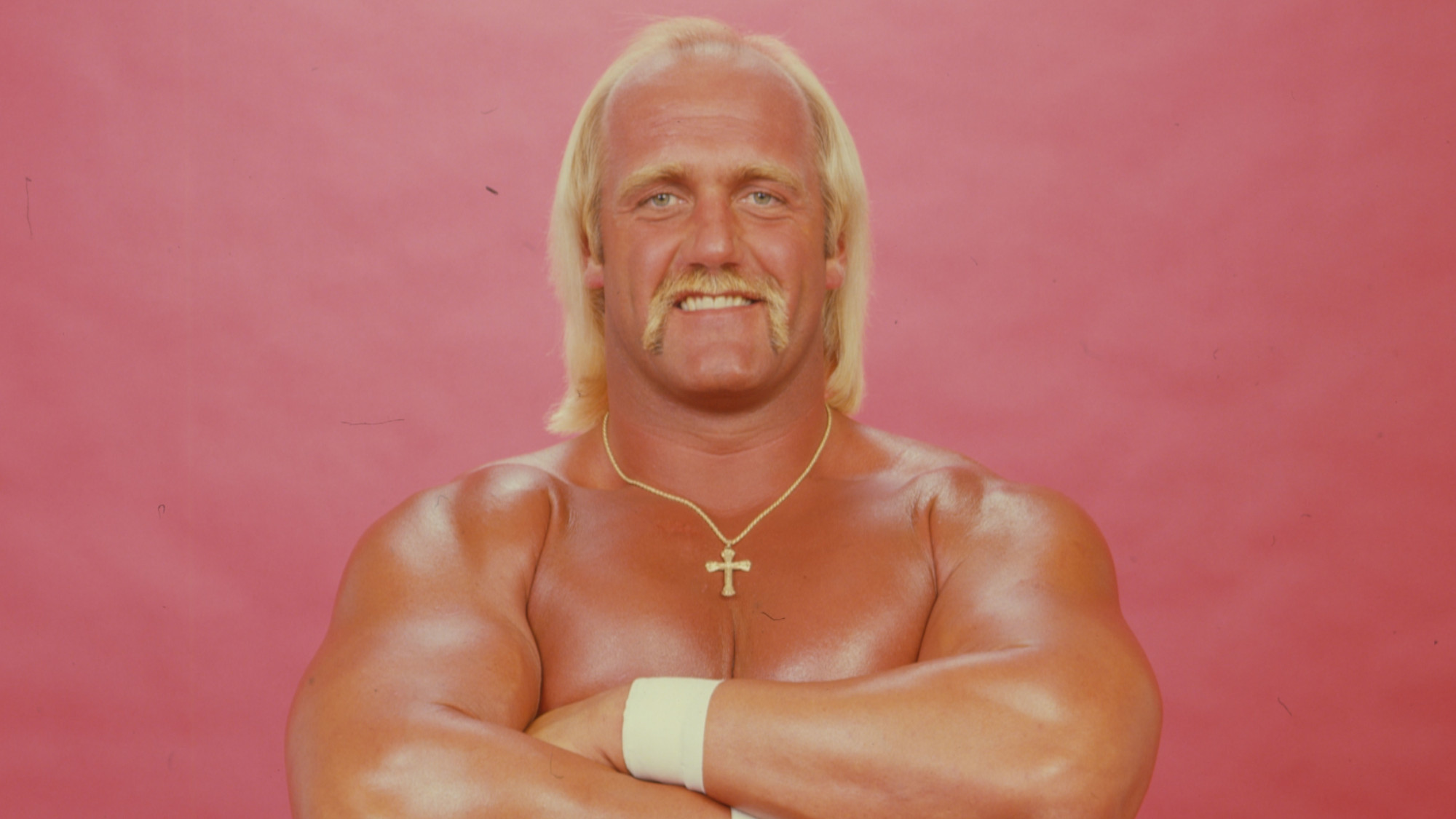 Hulk Hogan
Hulk HoganFeature The pro wrestler who turned heel in art and life
-
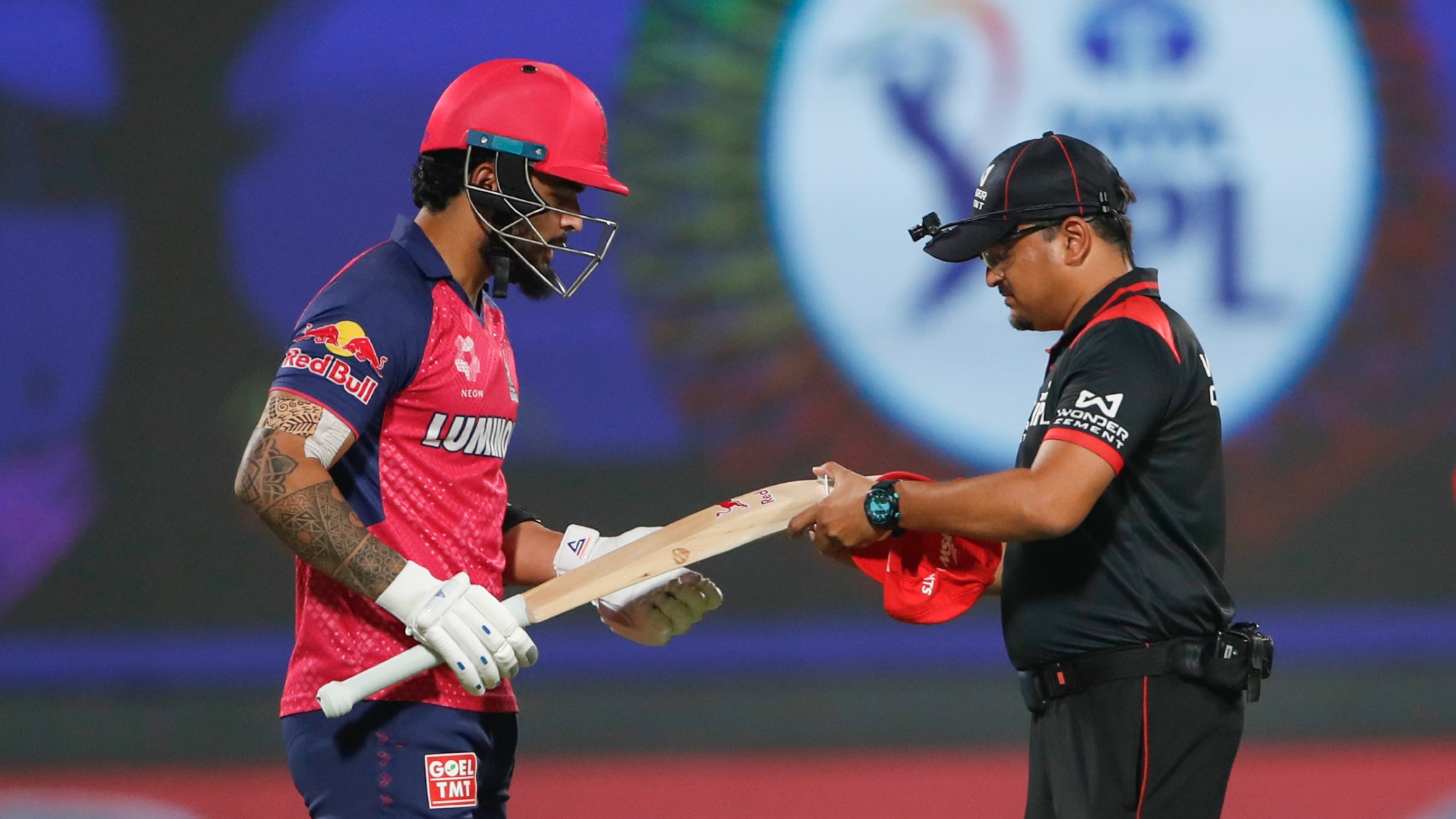 Cricket's crackdown on 'monster' bats
Cricket's crackdown on 'monster' batsIn the Spotlight Indian Premier League has introduced on-pitch checks to ensure bats meet strict size limits
-
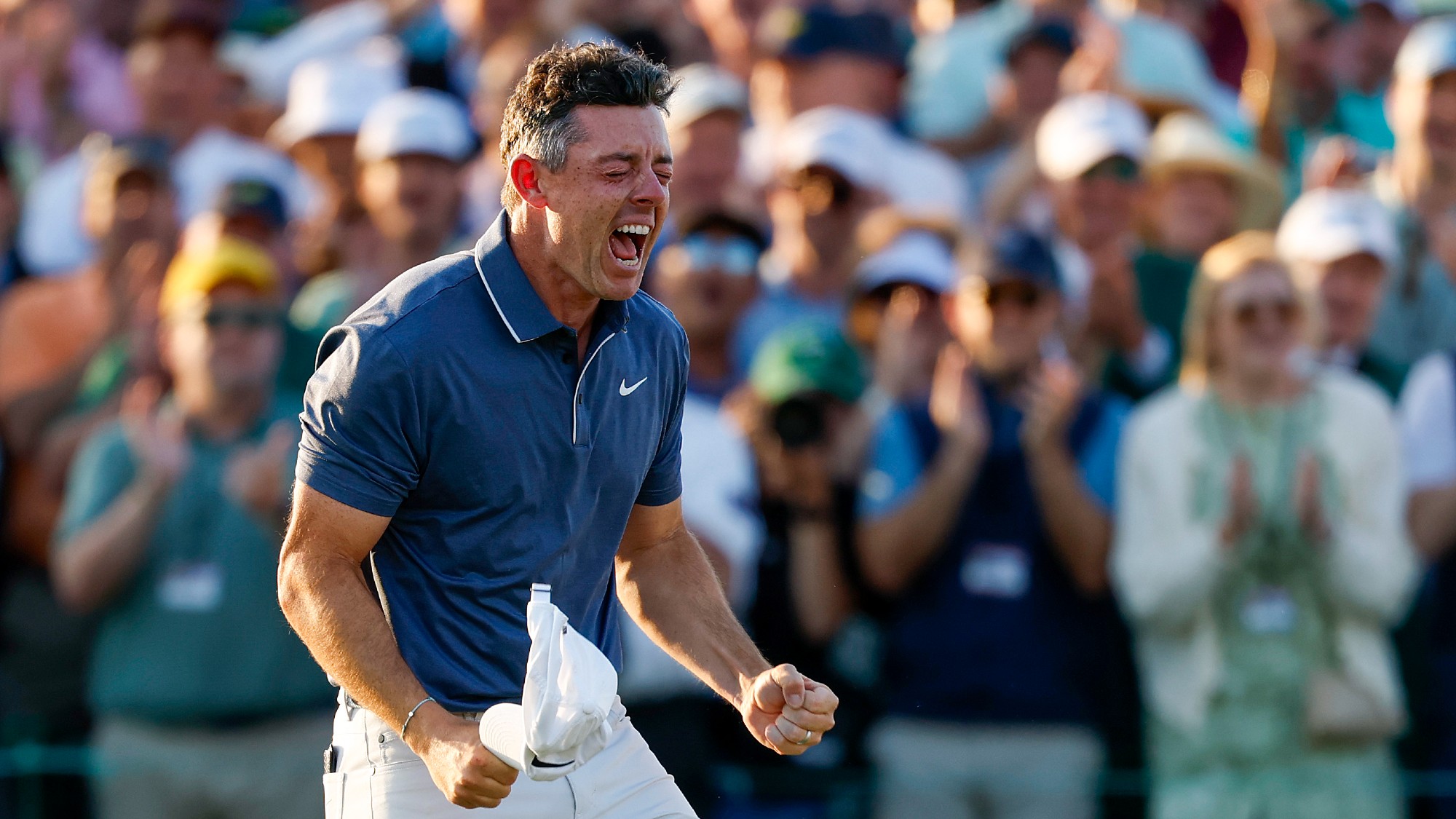 The Masters: Rory McIlroy finally banishes his demons
The Masters: Rory McIlroy finally banishes his demonsIn the Spotlight McIlroy's grand slam triumph will go down as 'one of the greatest and most courageous victories in the history of golf'
-
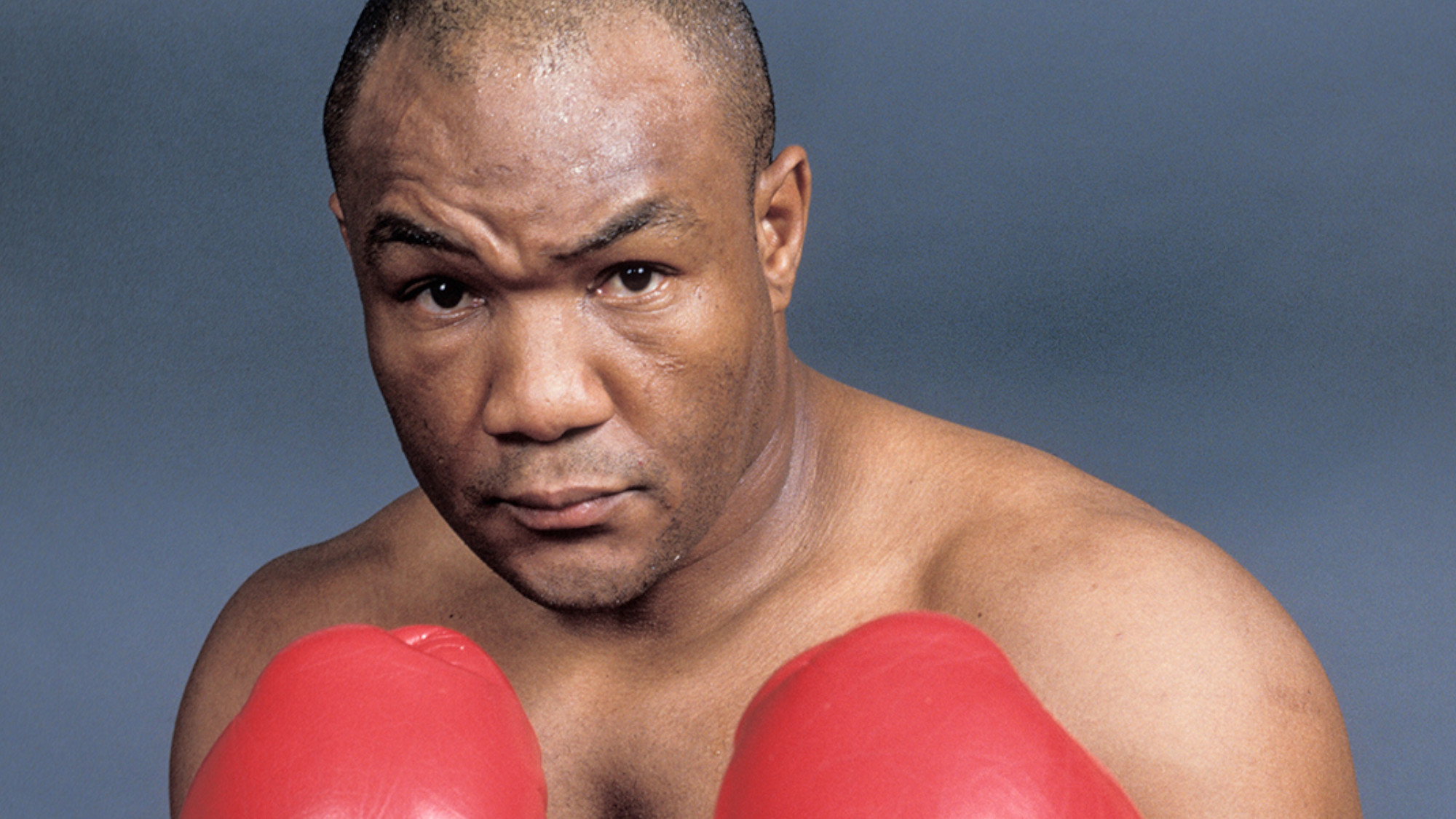 George Foreman: The boxing champ who reinvented home grills
George Foreman: The boxing champ who reinvented home grillsFeature He helped define boxing’s golden era
-
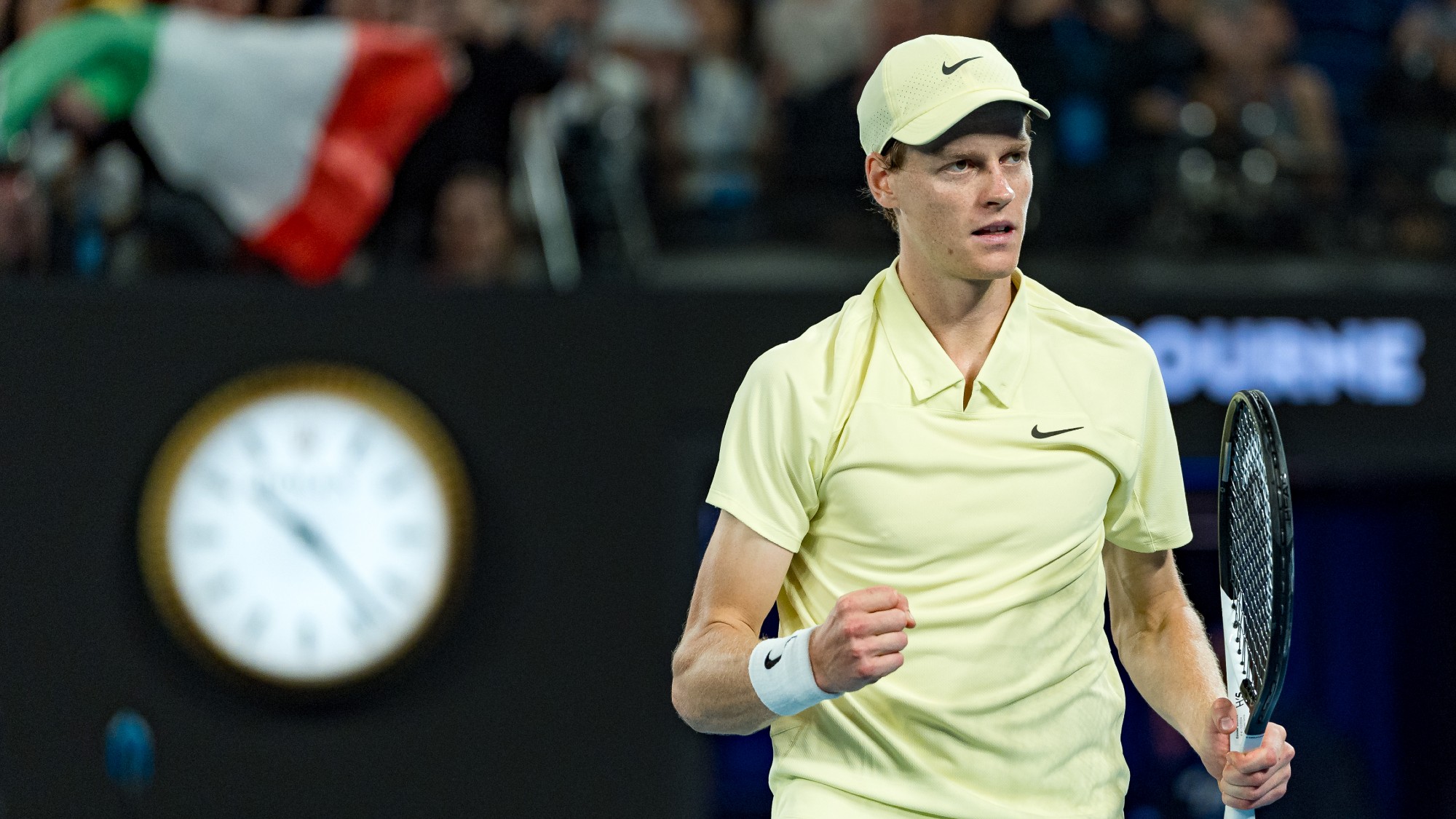 Why Jannik Sinner's ban has divided the tennis world
Why Jannik Sinner's ban has divided the tennis worldIn the Spotlight The timing of the suspension handed down to the world's best male tennis player has been met with scepticism
-
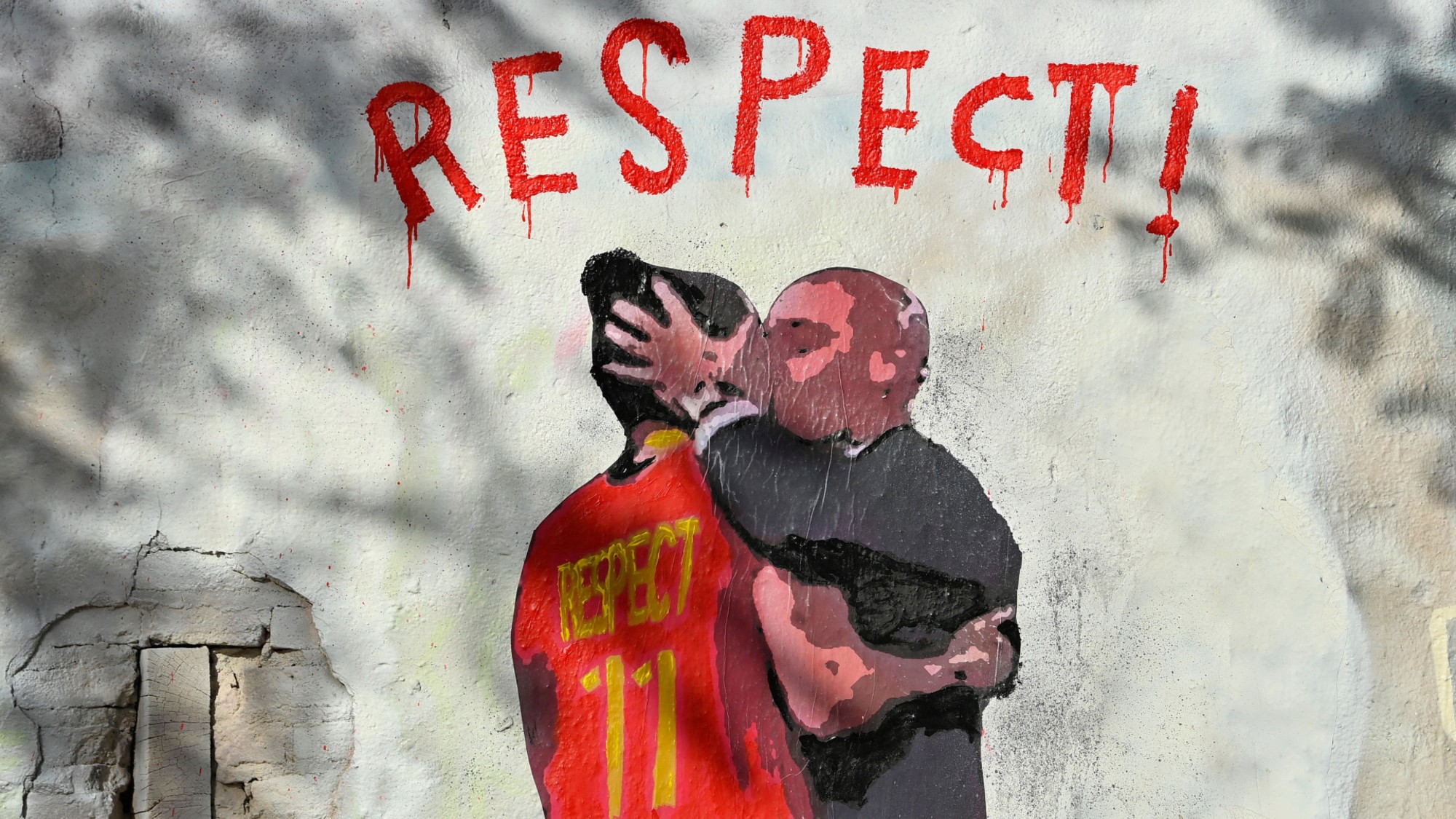 When 'a kiss is not a kiss': Spanish football on trial
When 'a kiss is not a kiss': Spanish football on trialTalking Point Luis Rubiales faces up to two-and-a-half years in jail if convicted of sexually assaulting footballer Jenni Hermoso